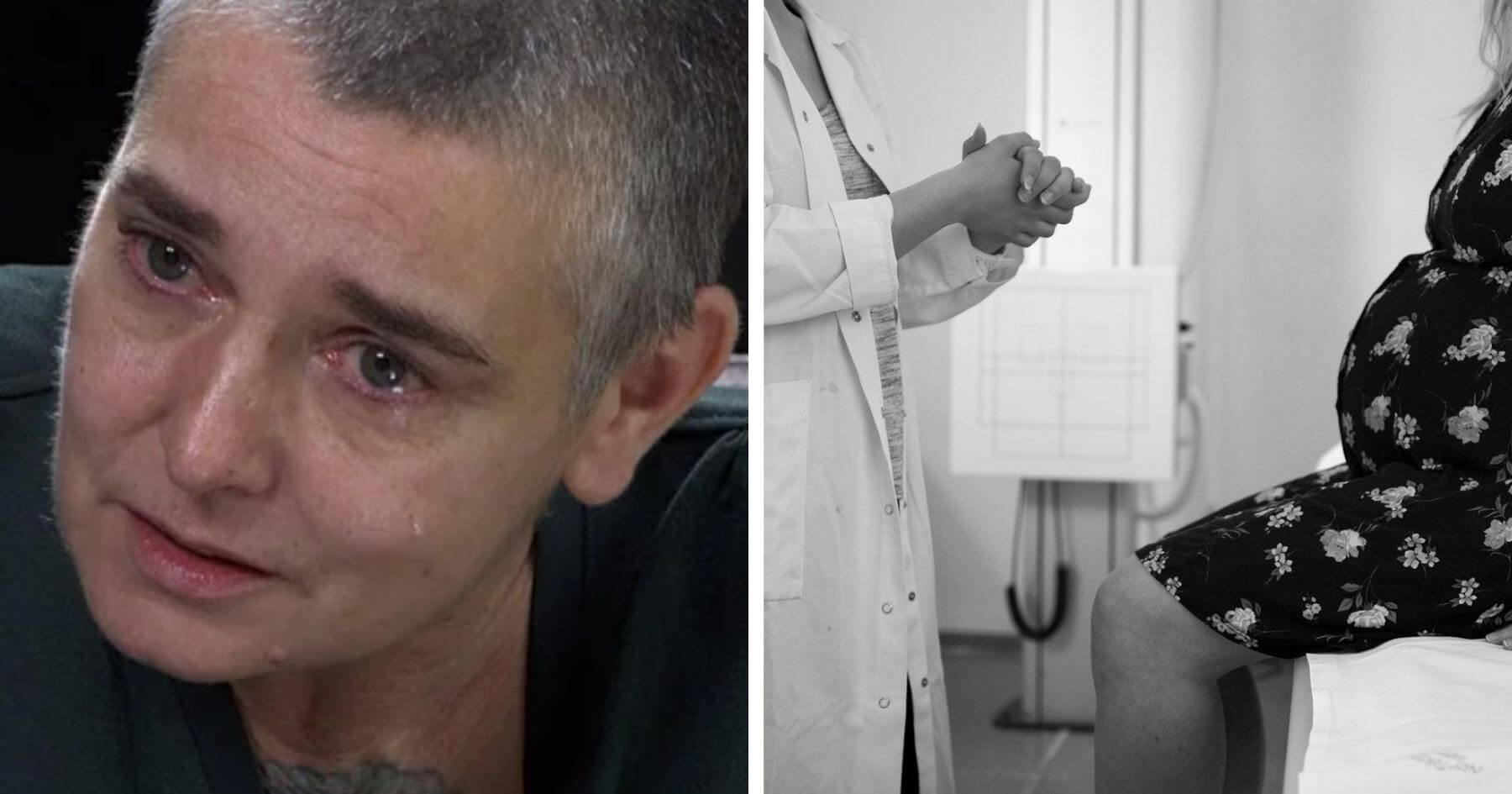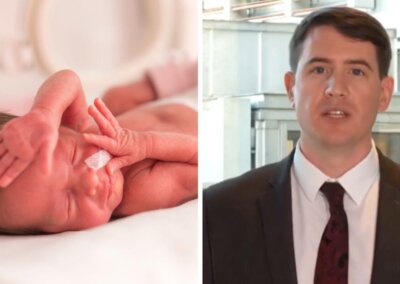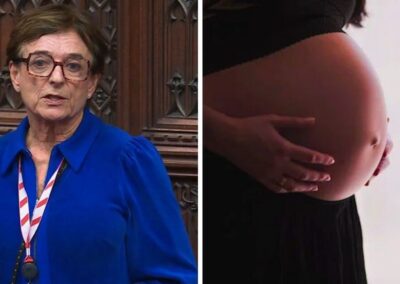Irish singer-songwriter Sinéad O’Connor has claimed that she was encouraged to have an abortion by a doctor and a record executive.
When O’Connor found she was pregnant, she visited a doctor on the advice of Nigel Grainge, an executive at her then-label Ensign Records.
O’Connor claims that her doctor told her that Grainge had contacted him prior to her visit and asked that he “impress upon” O’Connor a warning about continuing her pregnancy and not having an abortion.
She recalls the doctor saying: “Your record company has spent £100,000 recording your album. You owe it to them not to have this baby”.
“Furthermore, he informed me that if I flew while pregnant, my baby would be damaged. And anyway, if I was going to be a musician I ought not to have babies because a woman shouldn’t leave her baby to go on tour and at the same time a child can’t be taken on tour”.
O’Connor did not submit to the pressure and later gave birth to her first child.
‘DIY’ abortions
Since March 2020, ‘DIY’ home abortions have been permitted in Britain despite the fact that they make it easier to facilitate coerced abortions. No in-person consultation is required and abortion pills can be sent through the post. The ultimate recipient of these pills remains unknown and it becomes almost impossible to know whether or not a woman is having an abortion of her own free will.
Several UK politicians have publicly spoken about the dangers of ‘DIY’ abortions. There have been consultations in the UK about whether to make ‘DIY’ abortions a permanent feature of the law.
Right To Life UK spokesperson, Catherine Robinson, said: “Sinéad O’Connor should be commended for her brave decision to ignore this blatant coercion by others in the music industry. At the time, O’Connor was a high-profile artist and it makes one wonder how many other women, whether in the music industry or in another career, have been put under pressure to have an abortion”.
“What happened to O’Connor indicates that abortion is often not the choice that the mother actually wants. Indeed, polling shows a shocking 7% of British women have been pressured into an abortion by their husband or partner. O’Connor’s story and many others contradict the idea that abortion is always the ‘choice’ it is claimed to be”.
“The phenomenon of doctors pressuring women to have abortions because their child is found to have a genetic condition like Down’s syndrome is well known. But the data on the number of women who have abortions because they fear for their career is not available”.












